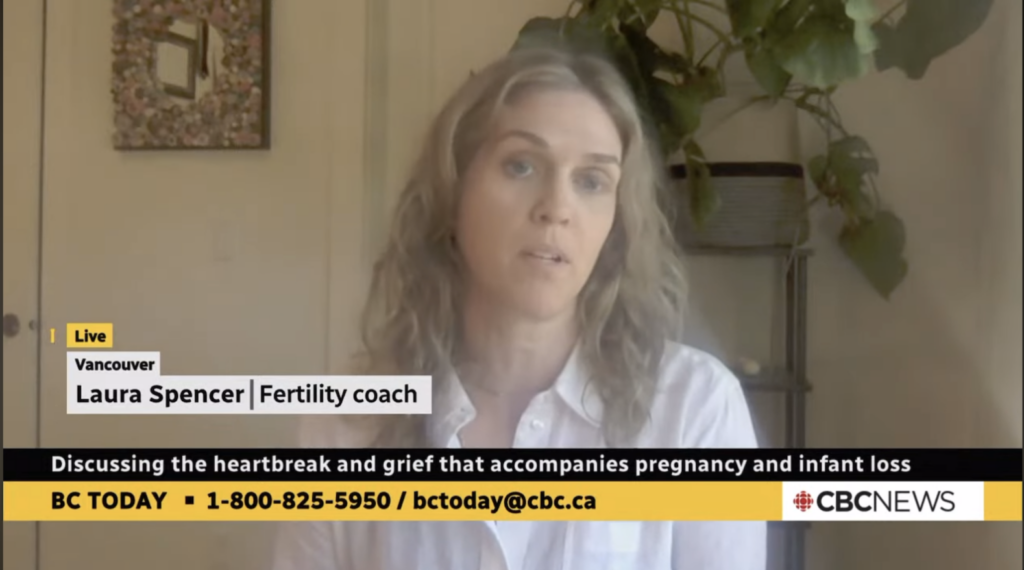If you know someone who is having or just had baby or pregnancy loss, however they define it, thank you for considering what it might be like to walk in their shoes. That’s why you’re reading this. You’re trying to empathize and be a supportive human. Thank you.

This is a tender time and it’s common for some friendships or familial relationships to be strained. It’s likely a time of crisis while they grieve and heal and life moving on, and potentially face if they will try again. Your support and understanding could make a world of difference.
Remember, this is not your friend or family member’s fault or anyone’s.
It’s a time of identity crisis where you don’t know where you fit in. They want to be a parent or have a sibling for their child so badly but not succeeding even though they’re doing everything in their control to make it happen. There’s so much out of their control and many, many unknowns.
Miscarriage and other loss can often be considered by many to be too private or maybe even taboo to talk about freely and especially at work. That adds shame to the list of feelings as well as isolation of feeling misunderstood because of the lack of support.
They’re stressed.
Baby loss is all consuming for a period of time. At some point they might be doing endless research, appointments, potential medication and side effects to deal with and potentially other treatment, surgeries and/or experiencing another loss or losses.
Below are some ways to be there for them.

What you can do:
- Educate yourself about a chemical pregnancy, blighted ovum, molar pregnancy, miscarriage, Termination For Medical Reasons (TFMR), stillbirth, baby loss or infant loss.
- Consider offering to have an honest conversation with them. Text them an enouraging ‘hi, thinking of you. If you are up for a conversation, I’m available.’ They may not be ready to talk now or ever and that’s OK. But having the opportunity could mean a lot. Please don’t tell them advice like, , “]It was God’s plan” or “It wasn’t meant to be” or what to do to prevent a future loss like if they relax or try XYZ that they’ll stay pregnant next time. This isn’t their fault and this isn’t the time, unless they ask for it. Listen. Believe them.
- Offer up other tangible support. Offer to take them to and from appointments, to pick up medication and to drop off meals, a gift certificate to a massage or other offering. Mealtrain is a great way to organize support by yourself or get others involved, if they are OK with having others know about the loss. Ask for what they want but be prepared for them to be too overwhelmed by that question and follow it up with a list of 2 or 3 options instead.
- Accept their decline to be social. Baby showers and gender/sex reveal parties, having out with visibly pregnant lovelies or babies may be especially triggering and a reason they won’t join in or might only join briefly. It’s not personal, it’s their mental health they’re prioritizing.
- If you’re announcing your own pregnancy publicly or to a group, consider telling your friend ahead of time one-on-one. Consider it in a text or email. Don’t do it in the middle of a workday or a restaurant in case it means they need some self care or alone time right after you tell them (aka a big cry). This isn’t your fault and it’s not your loved one’s fault either.
- Avoid only talking about the positive side. Instead, allow them to express their concerns and fears, unless they request to only give a positive response, which could happen. Follow their lead.
- Respect their privacy. Only share with whoever the friend or family member says you can disclose this information to.
- Be kind and reserve judgement. They’re grieving. Grief has no timeline and it won’t look the same for any 2 people. They need your support even if you think their grief journey looks different from how you think you’d handle it.
- Let them share the baby’s sex and name. If they wish, use the little bean or baby’s name. Again, follow their lead.
- If there’s any advocacy you can do around policies for time off work, join the cause. There is so much progress being made around bereavement leave around miscarriage and baby loss and making healthcare system changes but there’s so much more work to be done. If you feel moved, get involved at your workplace or local or national government. This is how change happens, one person at a time.
Be what and who they need you to be and you might be a bit of light on this period of darkness.
More about supports going through pregnancy and baby loss in my live radio interview here.

